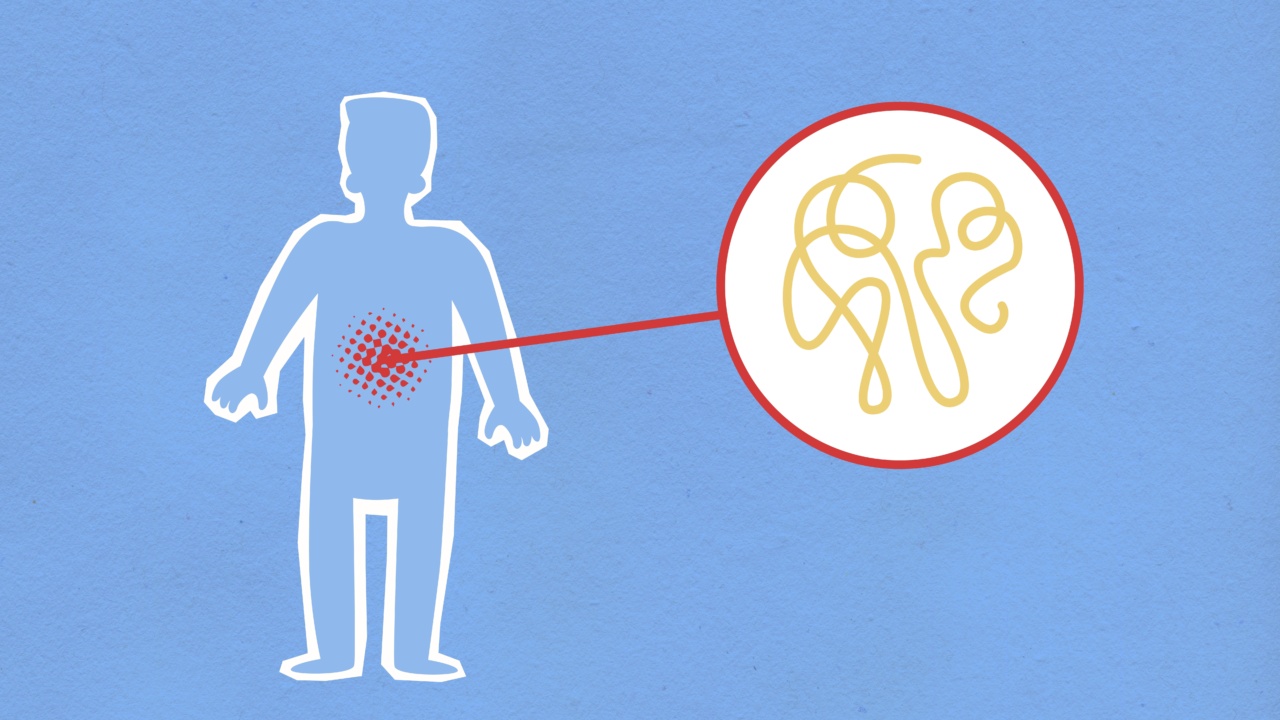Inflammation is the body’s natural response to injury, infection, or irritation. It is an essential part of the healing process and helps protect the body from further damage.
However, in some cases, the inflammatory response can become chronic and lead to a variety of health issues. In this article, we will explore how inflammation of inflammation manifests in different parts of the body.
1. Inflammation in the Joints
One of the most common manifestations of inflammation is joint pain and swelling. Conditions such as arthritis, including rheumatoid arthritis and osteoarthritis, can cause chronic inflammation in the joints.
This inflammation can lead to stiffness, reduced range of motion, and significant discomfort. In severe cases, it may even lead to joint deformity.
2. Inflammation in the Digestive System
Inflammation can also occur in the digestive system, leading to conditions like inflammatory bowel disease (IBD) and gastritis. In IBD, the immune system mistakenly attacks the gastrointestinal tract, causing chronic inflammation.
This can result in symptoms such as abdominal pain, diarrhea, rectal bleeding, weight loss, and fatigue. Gastritis, on the other hand, refers to inflammation of the stomach lining, which can cause indigestion, nausea, vomiting, and appetite loss.
3. Inflammation in the Skin
Various skin conditions are associated with inflammation. Psoriasis, for example, is a chronic autoimmune disease that causes the rapid buildup of skin cells. This leads to itchy, dry, and sometimes painful patches of thickened skin.
Eczema is another inflammatory skin condition characterized by itchiness, redness, and inflamed patches. Acne, although primarily caused by blocked pores, involves inflammation as well.
4. Inflammation in the Lungs
Respiratory conditions can also be influenced by inflammation of inflammation. Asthma, a chronic lung disease, is characterized by inflammation and narrowing of the airways, leading to wheezing, coughing, and shortness of breath.
Chronic obstructive pulmonary disease (COPD) is another condition where the airways become inflamed, causing breathing difficulties.
5. Inflammation in the Brain
Inflammation in the brain can have severe consequences. Conditions like multiple sclerosis (MS), an autoimmune disease, involve the immune system attacking the protective covering of nerve fibers.
This leads to inflammation and disrupts the flow of electrical impulses. Symptoms may vary widely but can include muscle weakness, coordination problems, fatigue, and cognitive impairment.
6. Inflammation in the Heart
Inflammation plays a crucial role in atherosclerosis, a condition characterized by the buildup of plaque in the arteries. Chronic inflammation, along with other factors like cholesterol, leads to the formation of arterial plaques.
These plaques can restrict blood flow, potentially causing heart attacks or strokes. Inflammation of the heart muscle itself, known as myocarditis, can result in heart failure if left untreated.
7. Inflammation in the Eyes
Eye-related issues can also be linked to inflammation. Conjunctivitis, commonly known as pink eye, involves inflammation of the thin transparent layer covering the white part of the eye and the inside of the eyelids.
This leads to redness, itching, and excessive tearing. Uveitis, on the other hand, refers to inflammation of the middle layer of the eye, which can cause eye pain, blurred vision, and sensitivity to light.
8. Inflammation in the Kidneys
Inflammation in the kidneys often leads to chronic kidney disease (CKD). Conditions like glomerulonephritis, an inflammation of the tiny filters in the kidneys, can cause scarring and irreversible damage.
Symptoms may include blood in the urine, swelling, high blood pressure, and fatigue. If left untreated, CKD can progress to kidney failure.
9. Inflammation in the Blood Vessels
Inflammation can also affect the blood vessels, leading to conditions like vasculitis. Vasculitis refers to the inflammation of blood vessels, often resulting in changes in the vessel walls.
This can cause symptoms such as fever, fatigue, weight loss, and tissue damage in various organs.
10. Inflammation in the Muscles
Finally, inflammation can impact the muscles, resulting in conditions like myositis. Myositis causes inflammation and weakening of the muscles, often accompanied by muscle pain, difficulty moving, and fatigue.
Polymyalgia rheumatica is another condition where inflammation affects the muscles, causing stiffness and pain, primarily in the shoulders and hips.




























